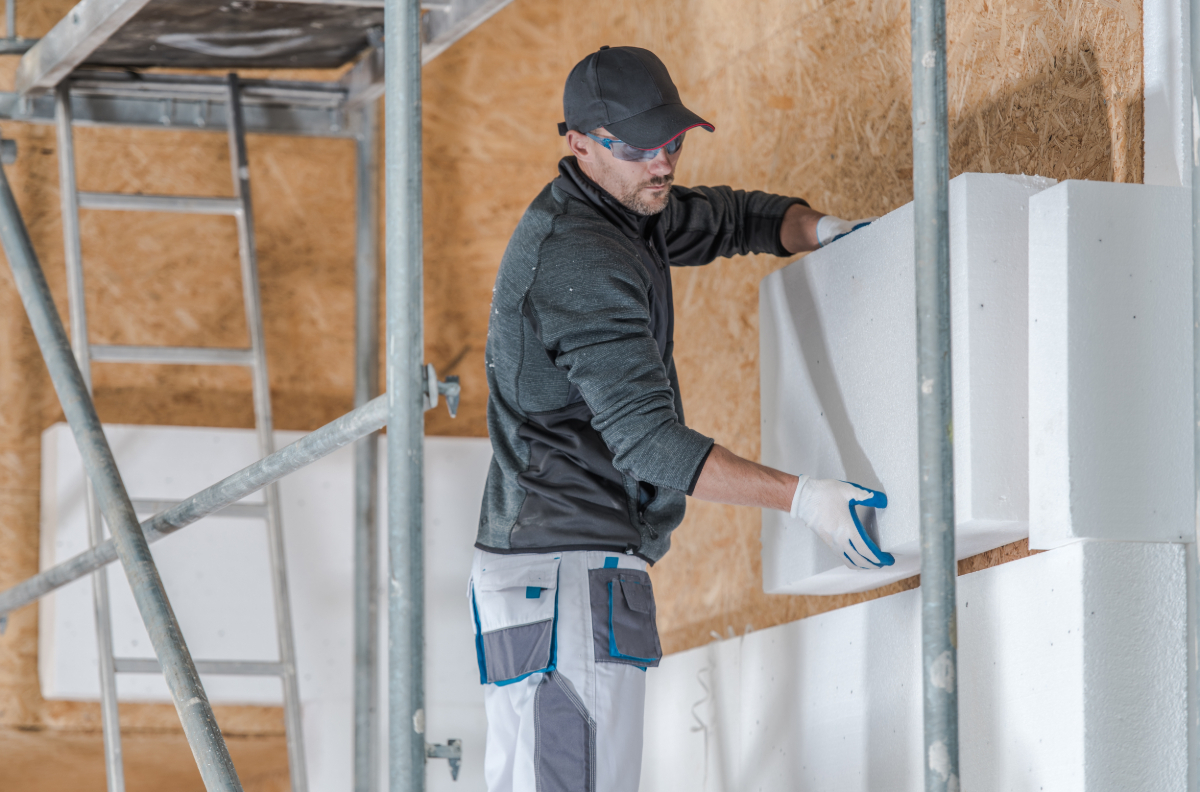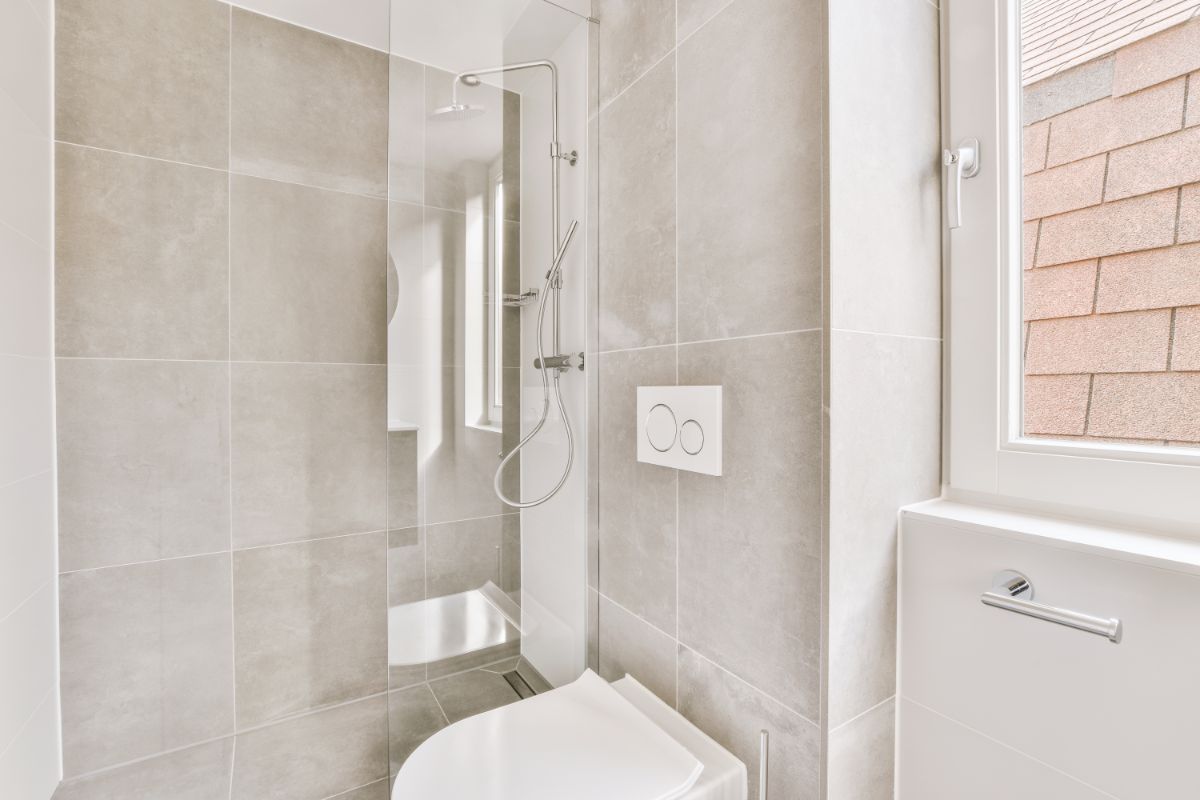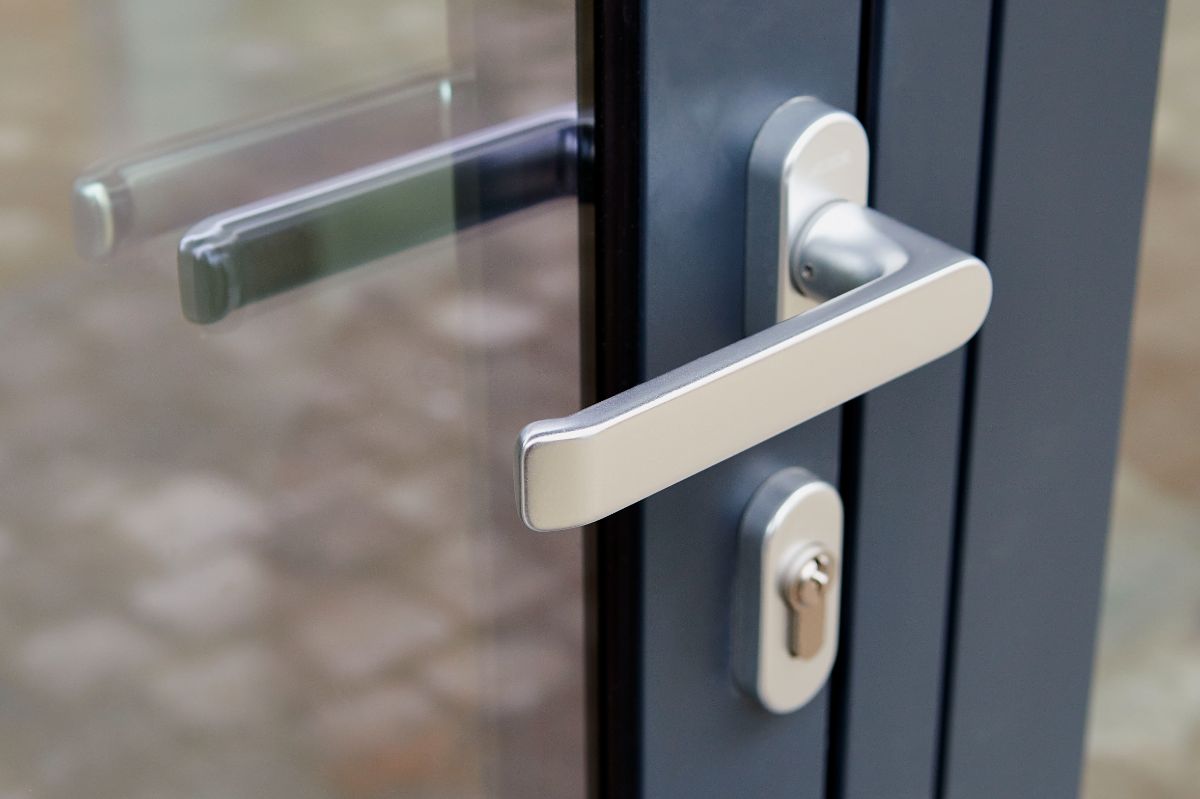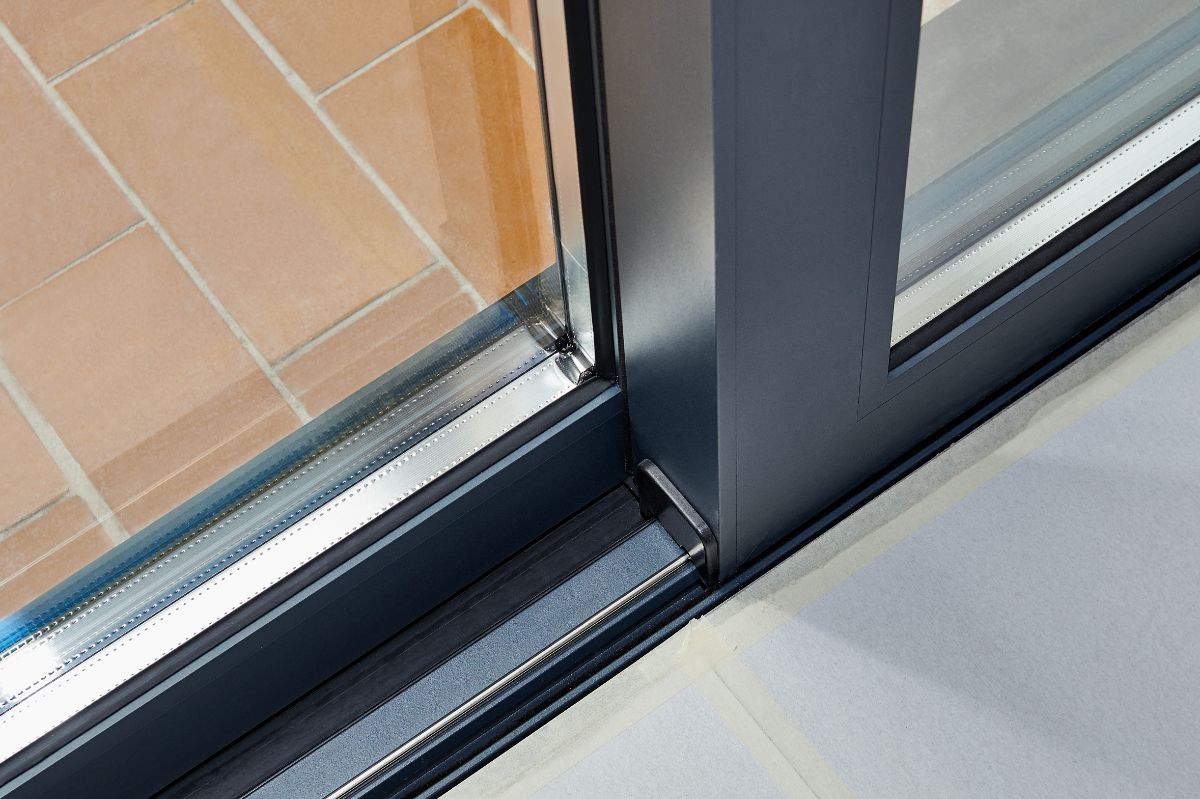What are the reasons to use aluminum construction?
- Flexible and versatile
- Lightweight
- Resistant to corrosion
- Durable
- Good electric and thermal conductivity
- Recyclable
- Fire-safe
When it comes to choosing a material for a construction project, aluminum should be at the top of your list. Aluminum is an extremely versatile metal with a number of advantages for numerous applications. It is known for being lightweight and flexible, making it an efficient and effective material for building all kinds of structures. There are more reasons to use aluminum in construction including corrosion resistance, electric and thermal conductivity, durability, recyclability, and more. All these properties contribute to long-term cost savings and a guarantee of lifetime structural integrity. Read on to learn more.
Flexible and Versatile
One of the main reasons to use aluminum is that it can be melted, rolled, cast, formed, machined, and extruded to fit any construction project. It has virtually endless design potential, which makes it an integral material in building structural frames, mechanical parts, and even plumbing components.
The versatility of aluminum allows it to form into different profiles. You can often find aluminum in the following applications:
- Staircases
- Railings
- Roofing
- Windows
- Doors
- Shelves
- Walls
- External Facades
Lightweight
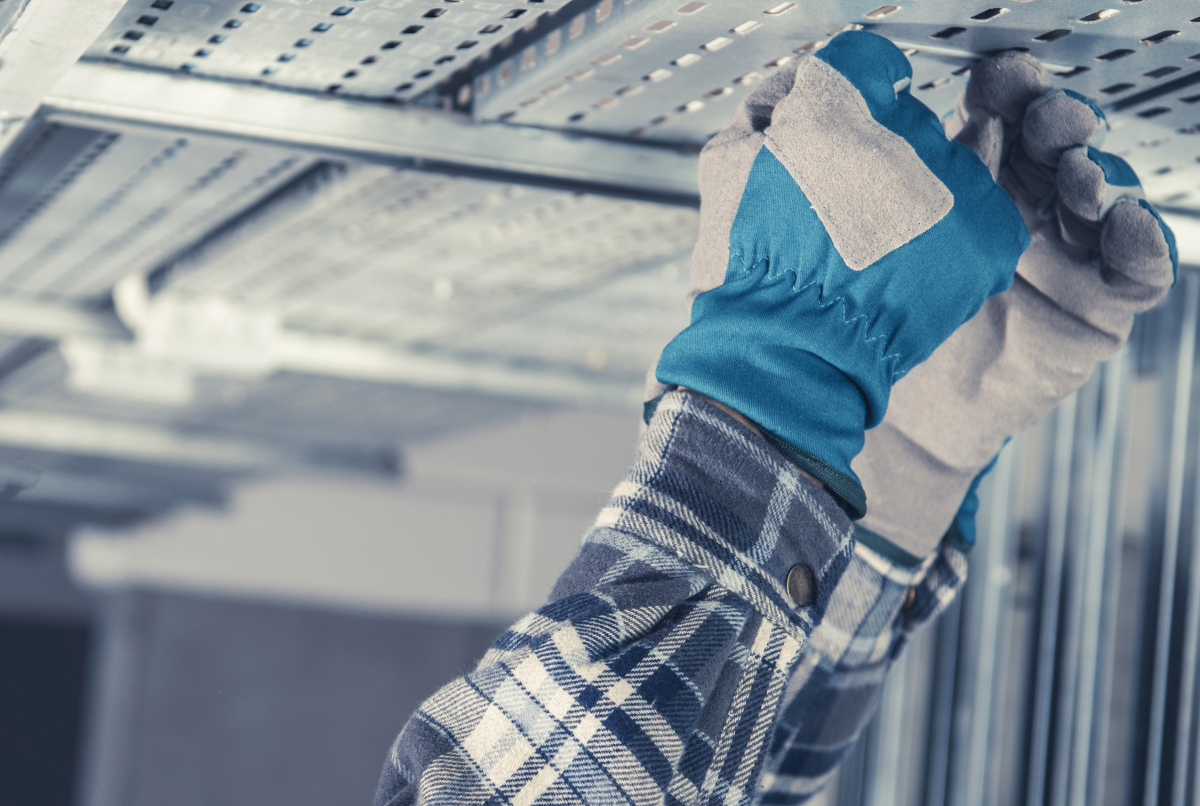
Aluminum is known as one of the lightest metals on the planet, weighing only about 2.71 g/cm3. This is why many building projects in the aerospace and automotive industries heavily rely on aluminum alloys.
When compared to other materials used for building, steel, titanium, and copper are 250%, 50%, and 70% denser than aluminum, respectively.
Let’s say you need to have aluminum window frames, panels, domed roofs, beams, brace columns, cladding, or hinges. Aluminum’s sleek build and frame make it easier and more affordable to transport, fabricate, and handle, compared to other metals. Construction jobs are less encumbered by the installation of aluminum into any structure.
Resistant To Corrosion
Construction materials can also be made out of steel. The problem with alternative materials, however, is that they can corrode naturally when exposed to harsh environments. This is why the corrosion-resistant nature of aluminum makes it more ideal for use in construction.
Aluminum cannot rust because it has no iron content. It is also a corrosion-resistant metal that has a natural protective coating, which forms when coming into contact with oxidizing environments. When exposed to moisture or humidity, all these properties help protect the surface of aluminum from degrading over time which would otherwise damage a construction project. In addition, aluminum can be treated through anodization or powder coating to further improve the material’s properties.
Durable
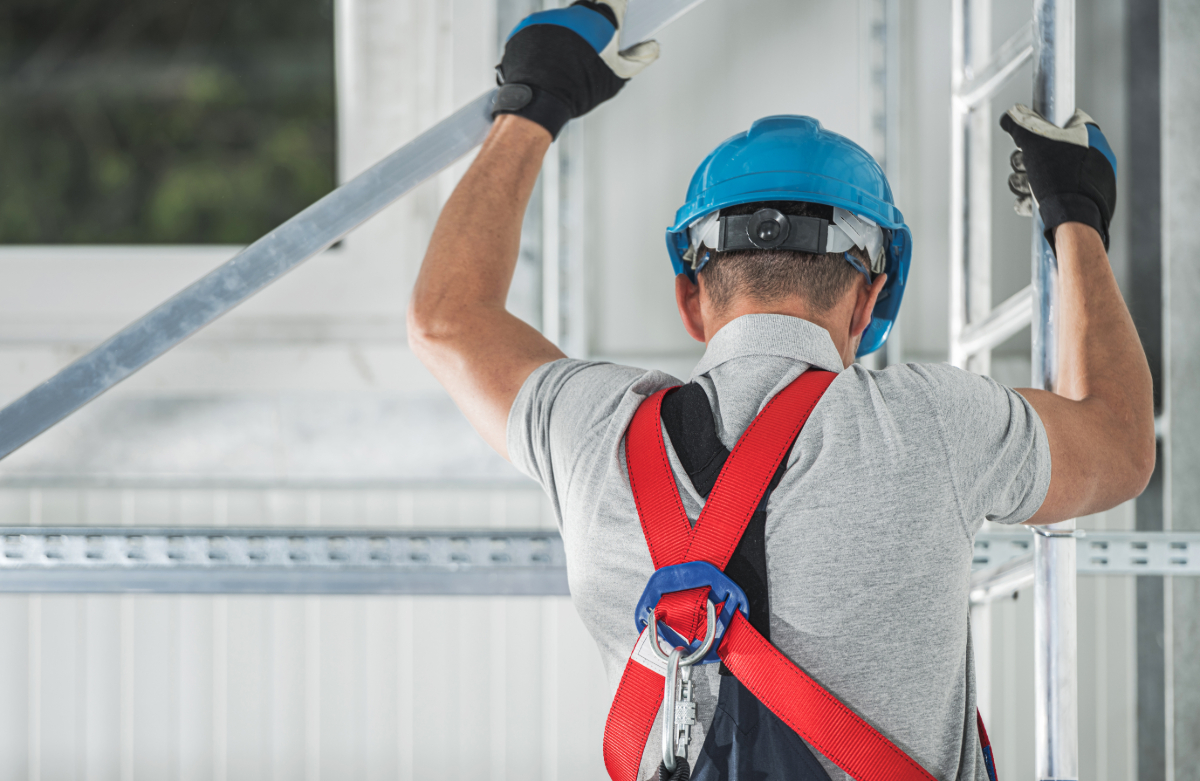
The durability of the metal used in a construction project should never be compromised as this can pose fatal accidents. The good news is, aluminum is durable and ideal for use in construction. Aluminum has a better strength-to-weight ratio compared to other metals.
When alloyed with other metals like magnesium, manganese, or silicon, aluminum can also have increased tensile strength. Alloyed aluminum can be as strong if not stronger than steel, while only being a third of steel’s weight. Add the fact that aluminum is corrosion-resistant and weather-proof.
By using aluminum extrusions, you can deliver a more durable construction project that stands the test of time.
Good Electrical and Thermal Conductivity
Aluminum is known for being a good thermal and electrical conductor. This is why it is the preferred material for power transmission lines, LED lights, and other electrical components.
In addition, aluminum can be an effective insulating material. A layer of insulated aluminum cladding can be up to four times more effective compared to 100 mm of brick, 200 mm of stone masonry, or uninsulated timber cladding. This works by retaining heat in the building.
Aluminum can reduce heat transmission, which is crucial with ever-increasing energy costs for air conditioning systems. With such a cost-efficient benefit, aluminum is quickly one of the most preferred materials for construction across the world.
Recyclable
There has been growing concern with climate change and its negative impacts on societies and the planet. The good news is, aluminum can help reduce carbon footprint because it is 100% recyclable. When going through the recycling process, aluminum retains its original properties and can be repurposed completely for other structural jobs.
Fire-Safe
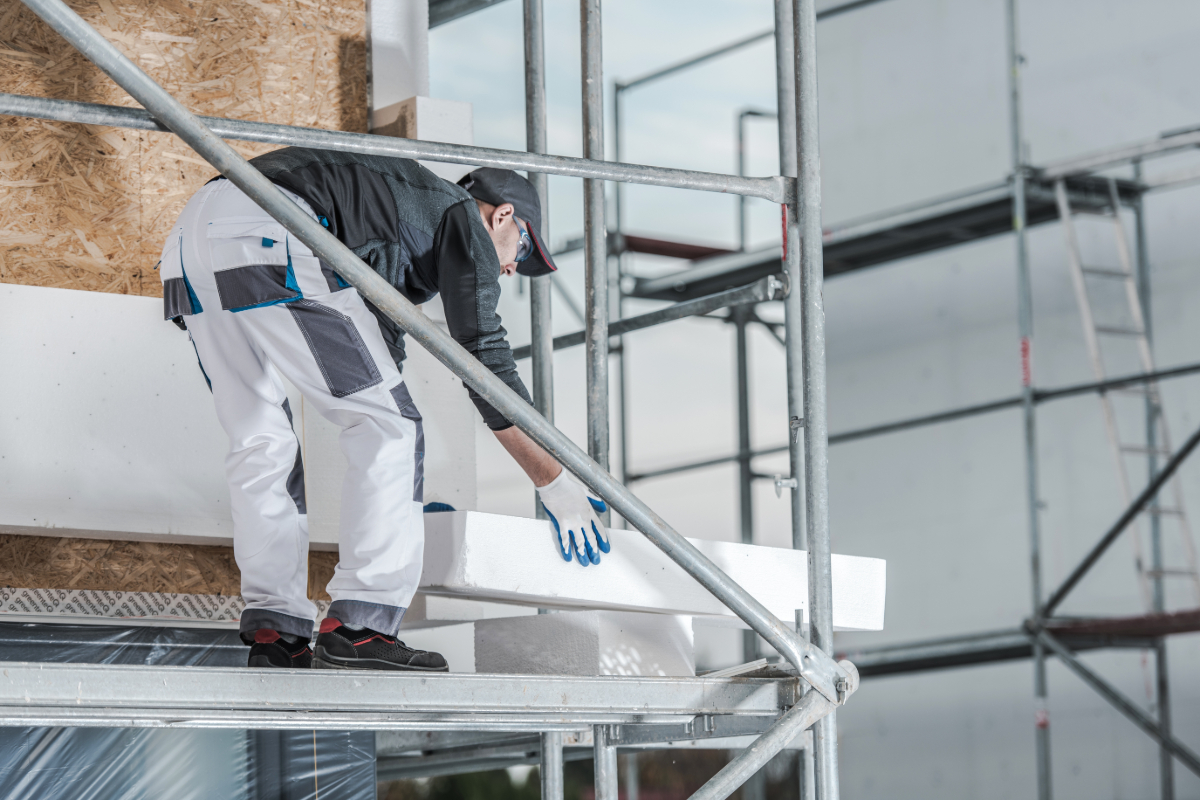
Aluminum itself is a non-combustible construction material. This means you don’t have to worry about your construction project burning when using the material. It also reduces fire hazards in buildings that use other materials like timber or plastic.
Key Takeaway
In this article, we’ve rounded up some of the reasons to use aluminum in construction. Many of its advantages and properties make it an ideal material for building all types of structures.
If you need aluminum accessories in the Philippines, Aluminum Depot can meet your needs! Since 2010, we have been offering high-quality aluminum hinges, aluminum sheets, aluminum handles, aluminum locks, and many more. If you have any questions about our products, then please do not hesitate to get in touch with Aluminum Depot by clicking here!
